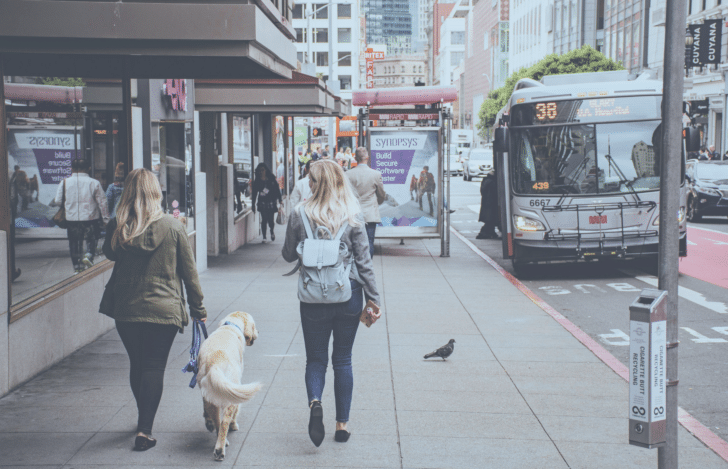San Francisco Subletting During Covid-19– What You Need to Know

02Jun
San Francisco Subletting During Covid-19– What You Need to Know
The Covid-19 pandemic has helped foster an environment ripe for San Francisco subletting. This occurs when a current tenant rents their space or a portion of it to someone else whose name is not on the original lease. It is unauthorized when it's done without the landlord's permission. During this time of major economic distress, the Bay Area's high cost of living has made it become an unsustainable location for many. Some tenants have relocated to the suburbs to rent apartments with more space, some have fled back home to their parents' home for a rent-free retreat, and others have even left California. During this time, you might have more of an opportunity to consider subletting or becoming a sublease yourself with landlords being even more amenable to it than ever before. Read on to learn about subletting during the Covid-19 pandemic.
Look at the Lease
If you're interested in knowing whether you're allowed to sublease your unit, look to your lease first. Landlords have the legal right to ban the subleasing of their property. Why? Because landlords have a right to know who is living on their property. However, if a tenant doesn't have a lease agreement for their tenancy or if their lease doesn't mention subletting, then they can usually legally sublet.
A lease can require a tenant to get permission to sublease. Even if the lease doesn't outright ban subleasing, it can still give the landlord control when it comes to subleasing. Although some landlords might allow their tenants to sublease without consent, other landlords might only allow subleasing if specific conditions are met.
While the lease may forbid a tenant from subletting, the tenant still has some leeway in cities like San Francisco which allows tenants to replace or add more roommates to help keep rental costs down. The tenant must request permission in writing from their landlord. Then, the landlord has 14 days after receipt of the request to accept or deny the proposed subtenant. If the landlord denies them, they must have a reasonable explanation for rejecting them and it should be explained in a letter to the original tenant.
Denial of Subtenants
Even if a landlord does require consent when it comes to subleasing, they can't deny a subtenant for just any reason. The landlord can only deny a subtenant based on the following:
- If they present a risk of danger to the other tenants
- If they don't provide necessary information to the landlord
- If they have poor credit
- If they give the landlord false information
Other Things to Know about San Francisco Subletting
Here are some other things that you should know if you intend to have someone take over your lease:
- Subtenant agreements should be in writing.
- Subtenants, just like tenants, must follow the terms of the lease.
- Tenants must still pay rent to the landlord.
Let an Experienced Tenants' Rights Attorney Help You with Subletting
In the backdrop of an unprecedented pandemic, subletting is on the rise. If you need a lawyer's help with subletting issues or other landlord/tenant concerns, an experienced Wolford Wayne attorney is here for you. Let us help you navigate through this complex area of law. Contact us today for assistance.
Related Posts You Also May Like
Get Started
For more information or to discuss your legal situation, call us today at (415) 649-6203 for a phone consultation or submit an inquiry below. Please note our firm can only assist tenants residing in San Francisco, Oakland & Berkeley.





